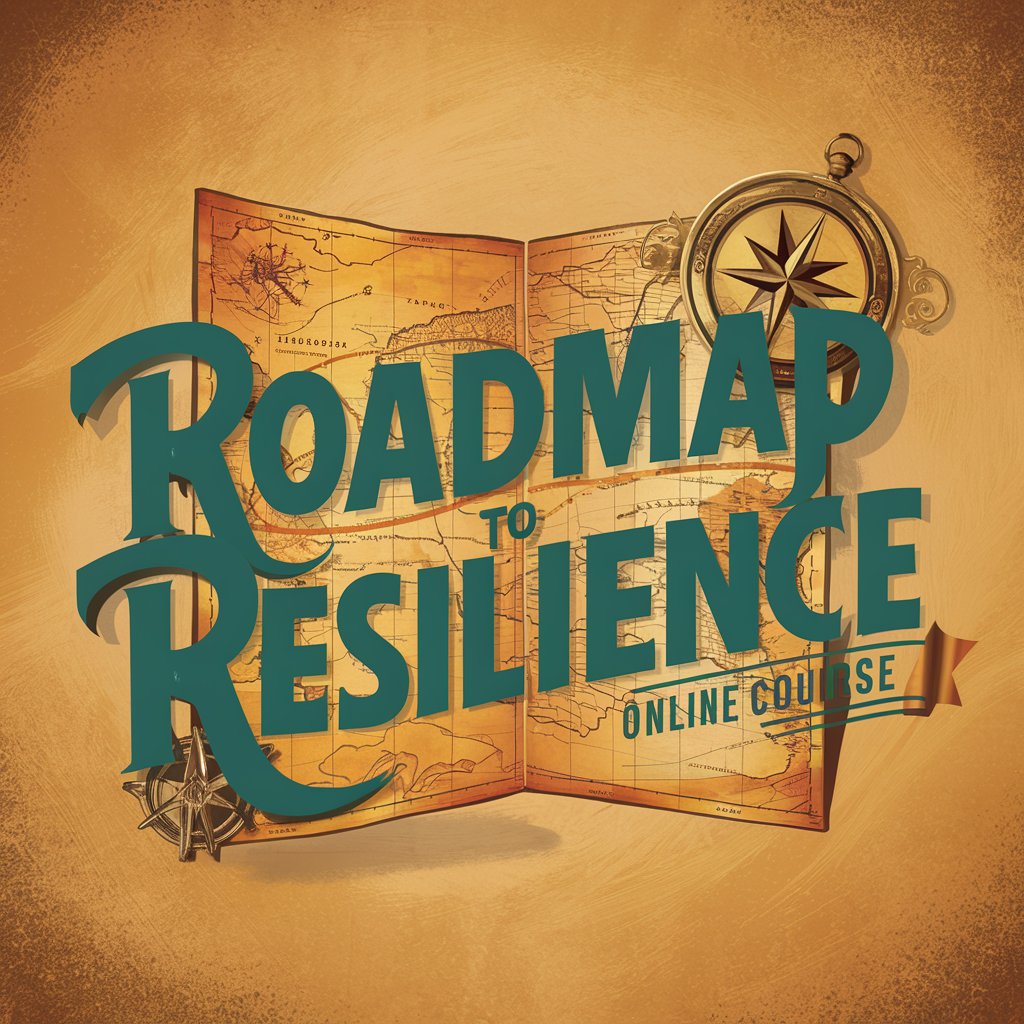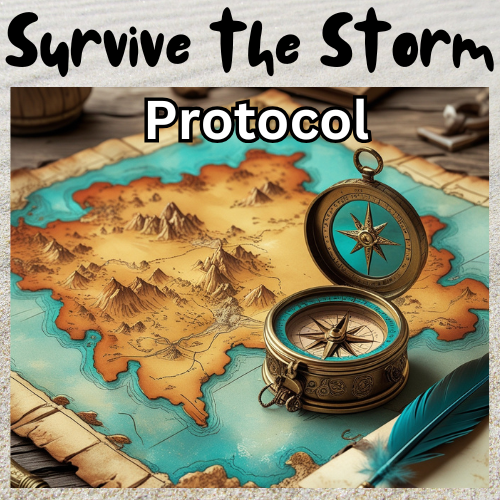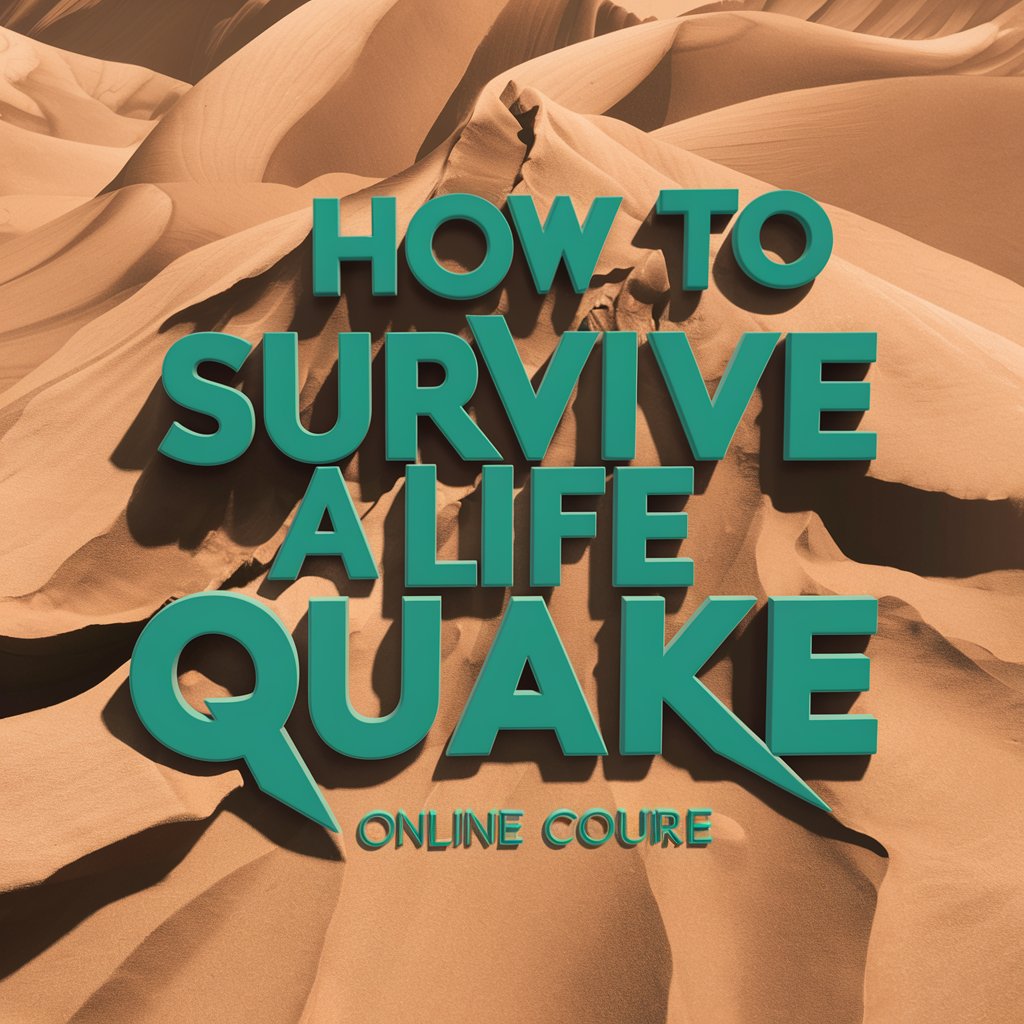December 7, 2025 – 19 Days until Christmas
Theme: The Importance of Making Friends and Maintaining Friendships during Difficult Times
Today’s Story: Au Café des Platanes
Friends as Chosen Family
The air outside the Café des Platanes smelled like caramelised sugar, finest dark roast coffee, and old radiators working overtime against the sudden cold. A hand-lettered sign propped up in the window read “Atelier d’Écriture Créative—Tout Les Mardis à 19h” with a small fountain pen sketched beneath it.
Outside, Natalie was trying to keep her footing on the treacherous cobblestones. Through the steamed-up glass, she could see four women already seated at a corner table. Behind her, a group of laughing people was setting up the Christmas market on the town’s central square—wooden chalets strung with garlands, the smell of roasting chestnuts drifting on the cold air, someone testing speakers with a crackly recording of French carols.
She clutched her A4-sized notebook, containing a random collection of half-finished stories, against her chest like a shield.
You don’t have to go in, her brain offered helpfully. You could walk to the boulangerie, buy a croissant aux amandes, go home to your rented apartment, and curl up on the sofa with your cat and a chocolat chaud.
But her sister in London had been annoyingly insistent during their last video call: “You need to get out more. Mingle. Meet people. Join some groups. You moved to France to start a new chapter, not to become a hermit in a French flat, however cosy and comfortable.”
Natalie pushed open the door.
The brass bell above it jangled. Heads turned. The café was pleasantly warm, despite the struggling heaters, all three-legged wooden tables and mismatched wooden chairs, strings of white lights woven around exposed beams. The room was dominated by a huge Christmas tree decorated with vintage postcards. A dog was fast asleep in a basket next to the roaring fireplace. French jazz played softly from speakers that had probably been installed in 1977.
“Bonsoir, Madame et bienvenue!” A woman with silver-streaked hair in a violet scarf waved enthusiastically. “Vous êtes là pour l’atelier de l’écriture? Sorry, you’re here for the writing? I’m Patricia. British, been here twelve years, still can’t properly conjugate a single irregular verb. Sit, sit—Marc will bring you something to drink.”
Marc, presumably the owner, appeared with a knowing smile and a café crème.
The other women introduced themselves: Amara, French-Senegalese, with box braids and paint-stained fingers, who’d recently moved down from Paris; Jin, Korean-American, speaking careful French with a perfect accent that suggested expensive language lessons; Sophie, French, roughly Natalie’s age, wearing a sweatshirt that said “J’ai des sentiments mitigés” and holding a large glass of dark red wine; and Lisa, Austrian, who still missed her children who had moved to Vienna and Stuttgart ten years ago.
“I’m Natalie. American. Moved here three months ago.” She settled into a chair that was actually comfortable, unlike the avarage plastic torture device in every community centre she’d ever entered in the States.
“Right,” Patricia said, adding sugar to her espresso with the dedication of someone who’d given up pretending to like it bitter, “who brought something to share?”
Silence. Outside, someone was hanging lights in the plane trees. The Christmas market music drowned out the café’s jazz—an accordion version of “Petit Papa Noël.”
“Right,” Patricia said. “First meeting nerves. perfectly understandable. Maybe we should start with why we’re here? I’ll go first. I’m recently widowed, my children in Manchester think I should sell this house and move into one of those ghastly retirement communities, and I’d rather eat my own boots. I’ve always wanted to write, but spent forty years convinced I had nothing interesting to say. Then Roger died last Christmas Eve—horrible timing—and suddenly I found I had rather a lot to say.”
The silence shifted—still dense, but less defensive. Someone’s phone buzzed. The dog in the basket snored.
“I’m going through a divorce,” Natalie heard herself say. “I used to write. Before I got married and somehow forgot I was a person with interests beyond making dinner reservations and pretending my husband’s jokes were funny.”
Sophie raised her glass of wine in a sardonic toast. “Similar situation, different catastrophe. Broke up with my boyfriend of seven years. He kept the Paris apartment, and I got the ancestral house in the countryside that needs new plumbing and possibly an exorcist. I know exactly four people here: my notaire, my pharmacist, the woman at the tabac, and the man who delivers my Amazon packages and definitely judges my life choices.”
Jin laughed softly. “Corporate burnout. Silicon Valley tech startup, eighty-hour weeks, stock options I never cashed because I was too busy building someone else’s dream. Had a panic attack during a funding presentation, decided France sounded ‘interesting,’ applied for a skills visa. My mother in Seoul is thrilled I’m finally ‘finding myself.’ She hopes it’s a phase.”
“Cancer,” Amara said simply, and the word landed like a stone in still water. Marc, delivering more coffee, squeezed her shoulder gently. “Courage, ma belle.” She smiled up at him. “Finished treatment in September. Everyone keeps congratulating me like I won a competition, but mostly I feel like someone took me apart and put me back together without looking at the instruction manual. Missing pieces, extra pieces in weird places. I’m trying to figure out who this version is.”
Lisa was last. She folded her hands around her steaming tea—something herbal that smelled like Christmas spices. “Empty nest. Both children long grown and gone, living in cities I can barely afford to visit. Husband and I looked at each other across the breakfast table six months ago and realised we’d forgotten how to talk about anything except the children. So I came here—this was my grandmother’s house, left to me. He stayed in Austria. We’re… figuring it out.”
Patricia looked around the table at this mismatched collection of women. “Well,” she said, a smile crinkling the corners of her eyes. “at least we have lots of life experience. Writers need material. Nothing says ‘compelling narrative’ like an existential crisis during the most wonderful time of the year.”
Someone giggled nervously. Soon they were all laughing, with relief mostly, at not having to pretend everything was magical just because there were Christmas lights everywhere.
“Right,” Patricia said, pulling out a battered Moleskine. “I brought a short story. It’s probably dreadful. It’s about a woman who ‘accidentally’ destroys her husband’s antique cricket bat collection.”
“I need to hear this immediately,” Sophie said, refilling her wine glass.
Soon, they developed habits.
Patricia always arrived first, claiming the corner table near the radiator. Marc would have their usual drinks ready—café crème for Natalie, espresso for Patricia, dark Madiran wine for Sophie (“An acquired taste,” she insisted), ginger tea for Lisa, and hot, melted chocolate for Amara, who said after chemo everything else tasted like metal. Jin brought pastries—sometimes kouign-amann from the Breton bakery, sometimes pain aux raisins, once an entire galette des rois, even though it was barely December. Amara sketched in the margins while people read, creating tiny illustrations of their stories. Lisa had started bringing stollen from the German bakery one town over. Sophie appointed herself sommelier, bringing different wines each week and explaining their terroir with the seriousness of someone who’d grown up in wine country. Natalie, who’d barely spoken that first week, now brought printed copies of her work, her confidence growing like a seed tentatively reaching toward the light.
They wrote about everything. Amara wrote speculative fiction where women with bodies that had betrayed them transformed into creatures with wings. Jin wrote sharp, funny essays about the tech world that had chewed her up. Lisa wrote aching pieces about the rooms filled with ghosts her children left behind. Sophie wrote experimental poetry that made no sense grammatically in either French or English but somehow captured exactly what heartbreak felt like at 3 AM in an empty house that creaked with loneliness. Patricia was working on a novel about a woman who started by destroying her husband’s cricket bat collection and then moved on to ever more ambitious targets.
“It’s very therapeutic,” Patricia explained.
“It’s slightly concerning,” Jin said.
“Et alors?” Patricia teased.
Natalie wrote about divorce, but sideways—stories about women who woke up in different countries, living different lives, in different dimensions where they’d made different choices. Stories about becoming unrecognisable to yourself in foreign languages.
“These are good,” Amara said after Natalie finished reading one evening. Outside, the Christmas market was still in full swing—carousel music drifting across the square, the smell of vin chaud and croustade, children shrieking with joy near the ice rink they’d set up. “Like, actually good. Vraiment. You should submit this somewhere.”
“Oh, I don’t know—”
“Submit it,” Sophie said firmly. “We’re not doing that thing where we diminish our own work because we’re women who were socialised to apologise for existing, in three languages.”
The meetings stretched longer. Till eight, then nine, then Marc would finally start stacking chairs around them, and they’d realise it was past eleven and he wanted to go home. They exchanged phone numbers. Started a WhatsApp group that soon featured the best writing memes, recipe exchanges and 2 AM messages like “cannot sleep, obsessing about mortality, someone send cat videos.”
When Natalie’s ex-husband got engaged, she texted the group at 11 PM: Is it normal to want to set things on fire? Asking for a friend.
Five responses came within minutes: Very normal (Patricia) What things? Be specific (Jin) I’m bringing wine (Sophie) Coming over with cookies straight-from-the-oven (Lisa) Already in my car, be there in 10 (Amara)
They all showed up at her flat. Brought wine, melt-in-the-mouth cookies, and Patricia’s latest chapter, which involved increasingly creative uses of sporting equipment as murder weapons.
“I’m fine,” Natalie said, which was a lie, and they all knew it.
“Bien sûr,” Lisa said, opening the wine. “That’s why we’re here. To be fine together.”
They stayed until 2 AM, reading terrible reviews of her ex-husband’s favourite restaurant aloud in dramatic voices, workshop-editing Patricia’s murder scene (“More visceral! More conviction!”), and letting Natalie cry when she finally stopped pretending she wasn’t going to. Outside, everything was silent except for the wind whipping around the bare branches of sleeping trees and the distant sound of church bells marking the hour.
On Christmas Eve, they met at Patricia’s house, which smelled of pine needles, woodsmoke, and pain d’épices. Candles flickered on every surface. And over the fireplace, stockings hung—six of them, each in a different fabric, clearly handmade.
“I may have gotten carried away,” Patricia said, catching Natalie’s look.
Each stocking had a name stitched on it: Patricia. Amara. Jin (in Hangul). Sophie. Lisa. Natalie.
Something in Natalie’s chest cracked open.
They settled into Patricia’s living room with champagne and sablés and the particular comfort of a space warmed by both fire and friendship.
They talked about the year, about survival, about the strange gift of falling apart in good company in a foreign country where even buying stamps was an adventure.
“I joined this group,” Natalie said quietly, “because I was desperately lonely and my sister threatened to fly here and physically drag me to social events. I thought I was coming to practice writing in my second language.”
“Plot twist,” Sophie said. “Tu as trouvé une famille.”
“Very Hallmark Channel of us,” Jin added.
“I’m serious. A year ago, I didn’t know any of you. I was married and miserable in a different country. I thought moving to France would fix me, or at least give me a better choice of cheese while I figured my life out. And instead I found—” She gestured helplessly at the room, the stockings, the faces watching her with understanding from four different continents. “This.”
“Through the universal language of the written word,” Patricia said. Somewhere in the house, a clock chimed midnight.
Outside, church bells rang Christmas Eve into being. Marc texted the group chat a photo of the café’s Christmas tree with the message “Joyeux Noël, mes écrivaines préférées,” and somewhere in the warmth of that room was every good reason to keep showing up, keep trying, keep believing that the best things in life often come disguised as Tuesday night writing groups in cafés that smell like coffee and caramel and hope.
“Mardi prochain?” Lisa asked.
“Mardi prochain,” they agreed.
| Today, join one group—online or in person—centred around something you genuinely care about, even if (especially if) you’re going through a difficult time and even if it’s in a language you’re still learning. Book club. Writing group. Hiking club. Cooking class. Language exchange. Art workshop. Choir. Whatever sparks even mild interest. Worst case scenario: You spend a few Tuesday evenings with people who share one interest, stumble through conversations in mixed languages, and decide it’s not for you. Best case scenario: You walk into a café and walk out six months later with five people from four continents who have stockings with your name on them, who show up at midnight when you’re falling apart, who become the family you didn’t know you were building while you thought you were just learning to write better dialogue in your second language. Tuesday after Tuesday, story after story, crisis after crisis, until one day you realise you’re not alone anymore in this foreign country and you haven’t been for a while, and the word “home” suddenly means something different than it did when you arrived. |
Making Friends and Maintaining Friendships Masterplan
The holidays can highlight the importance of family, especially if you’re going struggling through a major life crisis, but for some, traditional family relationships may feel strained or distant. This is where friends can become your chosen family—a group of people who truly see, accept, and support you.
Maybe take a moment to appreciate the friends who’ve stepped into that role in your life? These relationships are a testament to the idea that family isn’t always about blood—it’s about love, loyalty, and shared experiences.
How well do you know your new friends? If you and a new friend are really compatible? For my Radical Renaissance students, I have created a set of light-hearted quizzes, quotes and questions about frienship, as I firmly believe a strong support group is invaluable in a crisis. Just fill in the form below and you’ll get immediate access to them all. I’ll also add you to my newsletter list, though you can unsubscribe from this list effortlessly and at any time. Included:
– How well do you know your Friends? Quiz
– What is Your Friendship Style? and Are your Friendship Styles compatible? Quiz
– 20 of the Most Inspiring Friends and Friendship Quotes and
– 20 lighthearted Questions you can ask to get to know a new Friend
Discover how to build meaningful, lasting friendships and create a support system that truly has your back—delivered straight to your inbox!
I put the essence of who I am, and everything I have experienced that makes me who I am, with great enthusiasm, into my retreats, courses and books. – Dr Margaretha Montagu (MBChB, MRCGP, NLP master pract (cert,) Transformational Life Coach (dip,) Life Story Coach (cert) Counselling (cert,) Med Hypnotherapy (dip) and EAGALA (cert)











































